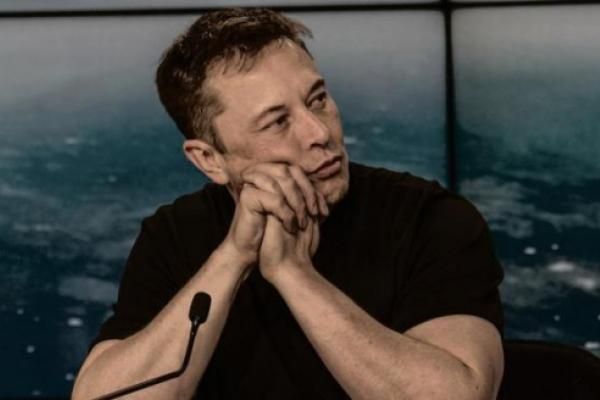Elon Musk Tries to Explain Why Tesla Shares Are Tanking
LAHORE MIRROR (Monitoring Desk)– Shares in electric vehicle maker Teslasank to a new 52-week low on Tuesday, closing around $138 per share, or 8% lower for the day in an otherwise mixed day for stocks.
CEO Elon Musk tried to blame the sinking price partly on macroeconomic factors.
Long-time Tesla bull Ross Gerber wrote in a tweet, “Tesla stock price now reflects the value of having no CEO. Great job tesla BOD – Time for a shake up. $tesla.” Gerber has launched an informal campaign to have fellow shareholders vote to appoint him to Tesla’s board of directors.
Musk replied, in a tweet, “As bank savings account interest rates, which are guaranteed, start to approach stock market returns, which are not guaranteed, people will increasingly move their money out of stocks into cash, thus causing stocks to drop.”
But Tesla’s stock has dropped more than other larger automakers since Musk announced his plans to buy Twitter in Apr. 2022. Since that date, Tesla shares are down 59%, versus 26% for Ford and 12% for GM. The S&P 500 is down 14%.
The Tesla chief has a lot of distractions, as Gerber notes: Musk has been stirring controversy as the new owner and CEO of Twitter, the social media giant which he acquired in a leveraged buyout in late October, and is also the CEO of a major defense contractor, SpaceX.
Musk sold billions of dollars of his Tesla holdings to finance the Twitter deal, including a $3.6 billion sale earlier this month.
He told Twitter employees he sold Tesla shares to “save” their business while proceeding to cut more than half of staff at the company and rolling out a host of product and policy changes, some of which he later reversed.
While Musk has been focused on his new role as “Chief Twit” since late October, Tesla has been offering discounts and incentives to sell cars in China, where it operates a major factory in Shanghai; fighting to make its new factories in Austin, Texas, and Brandenburg, Germany, efficient; and facing persistent supply chain challenges endemic to the auto industry, along with soaring energy prices in Europe which may reduce the appeal of a battery electric vehicle for many drivers.
SOURCE:CNBC

